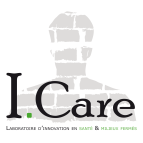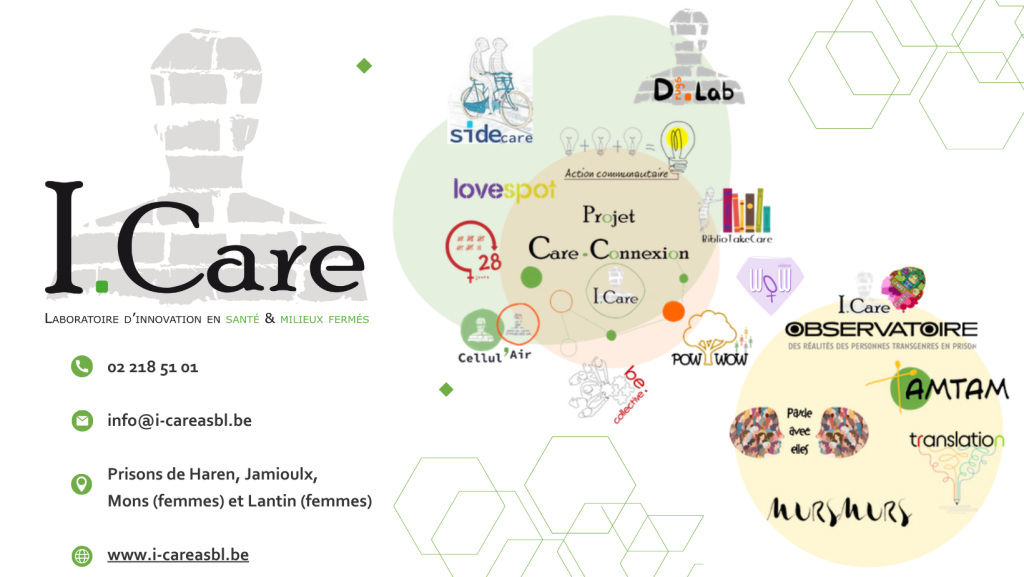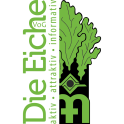Missions
I.Care is a not-for-profit association based in Brussels, whose social purpose is to promote health in prisons, improve the overall care (medical and psychosocial) of prisoners and ensure continuity of care during the period of confinement and on transfer or release.
As a laboratory for innovation in healthcare and closed environments, I.Care aims to develop its projects in all places where people are deprived of their liberty (closed centres, public youth protection institutions, etc.) in the longer term. Today, the association's work is carried out in Haren prison in Brussels (with men and women on remand and convicted prisoners) and in three Walloon establishments (in the women's sections of Mons and Lantin, and at Jamioulx - a prison for men).
I.Care bases its work on the concept of overall health, as defined by the WHO, which is a state of complete physical, mental and social well-being and not merely the absence of disease or infirmity. To improve the overall health of populations, the Ottawa Charter advocates a vision of health as a vital resource dependent on multiple factors, known as the social determinants of health (for example, income, housing, level of education, social support, etc.). To act on these determinants, the Charter advocates five areas of work. Through our projects, we aim to act in these different areas because our approach includes both action with prisoners and advocacy based on real expertise in the field to bring about structural changes.
If we had to, we could sum up our working philosophy in a few points:
- Introduce the notion of ‘care’ in detention: The prison environment is rather hostile to health care. The projects run by I.Care are based on the need to establish a form of ‘care’ that underpins ethics (the attitude towards others) and practice (the action taken) in order to increase the degree of autonomy of the people concerned.
- Special attention to minorities: The prison population is not uniform and certain groups require special attention. However, the prison system tends to organise detention for Belgian men who can read and write, have an income, a social network and a good level of health literacy. In the course of our meetings, three groups came to our attention: women prisoners, transgender people and people without residence permits. Our projects take gender and cultural specificities into account.
- Awareness-raising: The majority of prisoners have a combination of vulnerability factors. To reach those who need it most, we have to go and meet them where they are (in the cells, in the yard, etc.). Otherwise, we won't reach those who are not in a position to do so, which would contribute to maintaining social inequalities in health. This grounding in everyday life means that we can see and hear things that few other players can.
- Making prisons visible and integrated: The prison environment remains little known to civil society and is rarely included in its concerns. To reduce the inequality gap in the prison environment, we are focusing on the integration of the various working groups and federations so that the prison environment is seen as a living environment that should benefit from the ordinary law system and its advances.
We also regularly publish documentation to inform public authorities, elected representatives and the general public (citizens, students). This takes different forms (a newsletter published twice a year, MursMurs), reports, shorter notes, etc.).
Contact
Organisation Source
Official Source
179 Avenue Eugène Plasky
Schaerbeek 1030
Belgium






